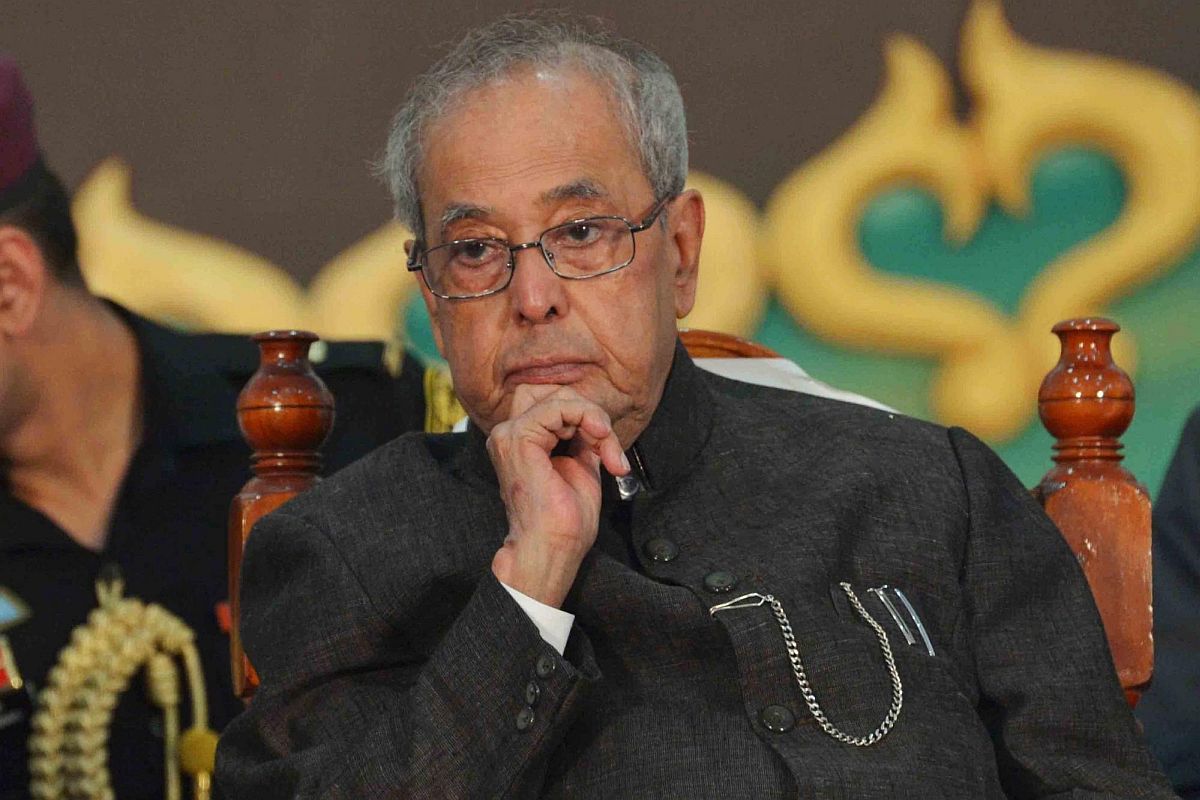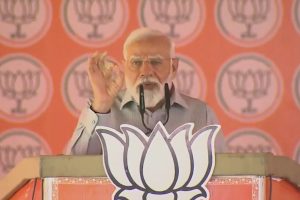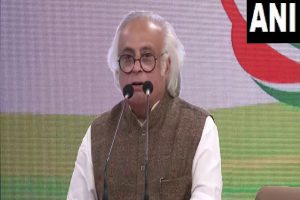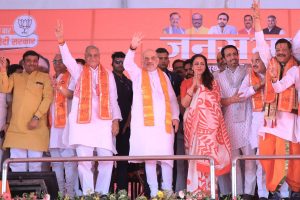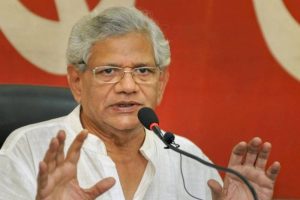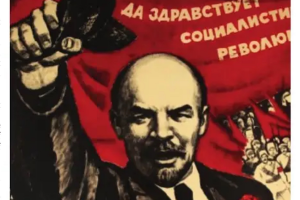The late Pranab Mukherjee has rendered a singular service to contemporary political analysis in the fourth and concluding volume of his memoirs to be published in January, excerpts of which were released to the media last week.
In characterising Dr Manmohan Singh’s stewardship of UPA-II as being “preoccupied with saving his coalition” and describing Prime Minister Narendra Modi’s manner of functioning as “autocratic” in his first term, Mukherjee, critics would say, has only confirmed what many have long suspected.
Yet, when a prognosis is confirmed by someone in the thick of it all such as the President of India, it has meaning. Also, Mukherjee was not aware when he was writing the last instalment of his memoirs that they would be published posthumously. So, if anything, he is likely to have held back a bit. And this from who made circumspection the leitmotif of his political life.
The arguments that supporters of Dr Singh and Mr Modi will make against these assessments are not difficult to foreshadow. From Dr Singh’s dwindling band of supporters will come those hoary chestnuts – Mukherjee always wanted to be Prime Minister himself, he supported Dr Singh’s nomination as Congress Legislature Party leader by Ms ç in 2004 because he had no choice, and his inflated sense of self-importance as the person holding the UPA coalition together politically as a governance instrument comes through because he pointedly refers only to UPA-II as the problem (after he had been kicked upstairs in 2012).
Mr Modi’s more numerous and aggressive band of followers will be disappointed by Mukherjee’s criticism of their supreme leader’s evident autocratic tendencies given the latter had been extremely respectful and genuinely fond of the former, so they will most likely justify this perceived betrayal with a sotto voce campaign centred around Mukherjee’s Congress DNA, et.al.
Both sets of supporters would be missing the woods for the trees, of course. It would be far more beneficial to their respective parties if a brave soul or two from among them used this opportunity afforded by the departed leader in his epistle from the great beyond to introspect and, dare one hope, course correct.
For, as the 2019 Lok Sabha election and various Assembly – even municipal – polls since have shown, the last thing the Congress needs is further attempts to build yet another disparate, power-seeking coalition instead of focussing on the hard trek to regaining its social base and political relevance.
Similarly, it is a moment for the BJP to pause and reflect on why the ongoing farmers’ protests or previous anti-government agitations such as those against the CAA and the curbing of free speech have gained traction despite the laws promulgated having been eminently defensible.
It is not enough to brush this opposition off as inspired only by political adversaries aided and abetted by radical ideologies though there is, of course, an element of that. Could the autocratic attitude of the dispensation dressed up as decisiveness perhaps also be one of the causes?

